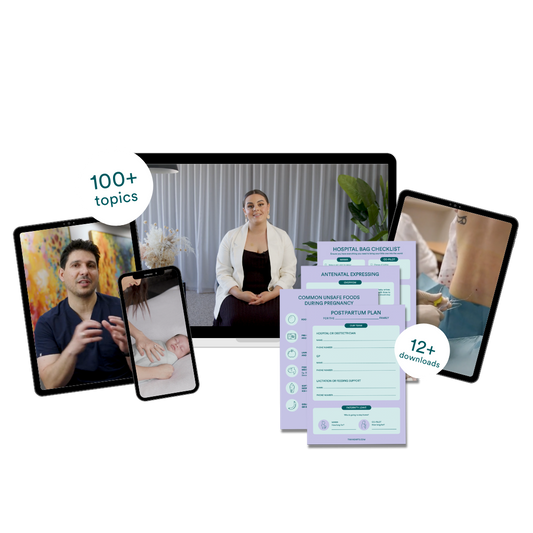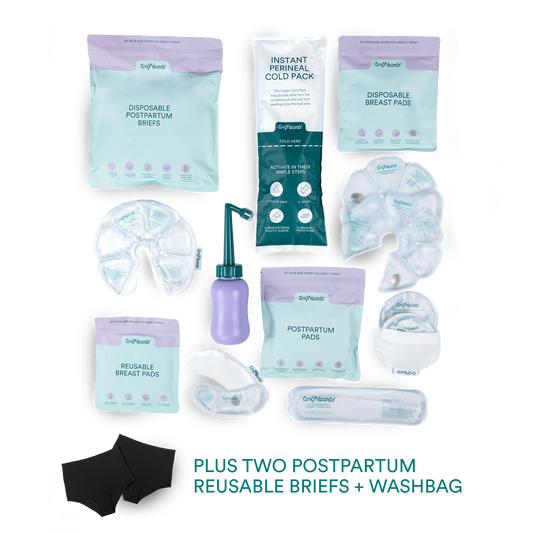On the the 25th of August Jazymn was her normal, bright, bubbly and carefree self. At 10pm that evening Jazz had come down with a high temperature of 39 degrees and flu like symptoms. Jazmyn’s mother Sarah Parkyn believed that her daughters high temperature was simply the result of the virus that the rest of her family had just gotten over, and administered her Panadol.
The following morning while getting the children ready for school, Sarah noticed Jazmyn had a heat like rash on her legs and was in pain at the slightest touch - even a breeze would cause her discomfort. As the rest of the family had not experienced such pain, Sarah was concerned and immediately took her to their local doctor. After inspecting Jazmyn the doctor noticed a solitary pinhead size dot on her body, to which he suggested that she stay in hospital for the next few hours to be observed by medical staff. Sarah had no idea that her doctor was suspecting meningococcal.

Later that day things took a turn for the worst. By 1pm that afternoon, Jazymn had a fit as a result of her high temperature, and her rash became more prominent and bruise like. Immediately Med Star was called to fly little Jazmyn through to PICU at the Adelaide Women’s and Children's Hospital. Upon arrival, they knew that what was happening to Jazymn was text book meningococcal.
Jazmyn’s mother Sarah was terrified but kept telling herself it was fine as her little girl was fully up to date with all of her immunisations, and believed she wouldn’t get if it was meningococcal she wouldn’t suffer as badly.
Sadly, Sarah was wrong.
By Friday morning blood tests confirmed that Jazz was suffering from Meningococcal B; one of the most aggressive and dangerous types of the disease. Meningococcal B is not covered by the PBS and apart of the National Immunisation Program, unlike Meningococcal C.

Jazmyn was in hospital for four weeks due to the complex rash that occurs from the disease. As the rash begins to heal, all of the affected skin begins to fall off. This means that the healing skin needs to be continuously cleaned, and depending on how deep the rash had gone, doctors would need to skin graft her little legs.
Unfortunately the journey for Jazz is not over yet. Sarah tells us that they have many more appointments to ensure the grafts are healing right, to ensure her growth is still on track (as growth plates can be affected by the disease) and that doctors will have continue to test her immune system.
There is a vaccine available for Meningococcal B, but it is not yet subsidised by the Pharmaceutical Benefits Scheme. Parents who choose to vaccinate their children against the disease face a fee of around $150 per injection. Babies require four injections before they are two years old for the vaccine to be effective.

Around 200 Australians contract the disease each year, with people between the ages of 15 and 25 most at risk. One fifth of the survivors are left with lifelong disabilities, including brain damage and limb loss. 10 percent of those who contact the disease die as a result.
According to Meningococcal Australia, symptoms of the disease vary and include headache, fever, drowsiness, a stiff or painful neck, sensitivity to light, vomiting, shivering, cold hands or feet, muscle or joint pain, and changes in skin colour. A late-stage rash may also develop, which can start off as spots, blisters and pinpricks and later appear as purple, bruise-like blotches.
Sarah urges parents to be vigilant and seek medical attention if you suspect your little one is showing symptoms of meningococcal, and that early action and treatment is the most effective way to ensure a positive outcome.
The Parkyn family hopes that Jazmyn’s story will help to have the vaccine added to the PBS and the National Immunisation Program. To sign their petition aiming to achieve this, please click here. For more information on the disease please visit the Meningococcal Australia page here.
After meeting little Jazmyn a few weeks ago, we were so touched by this little girls vibrant and cheerful personality despite all she had been through. It brought it home as to why we discuss the importance of vaccinations with all new and expecting parents in our paediatric first aid courses. We wish to share Jazmyn’s story in the hope that this will not happen to another child.
We would like to thank Sarah Parkyn for sharing Jazmyn's story and contributing the images shown. To follow Jazmyn's story on Facebook click here.








